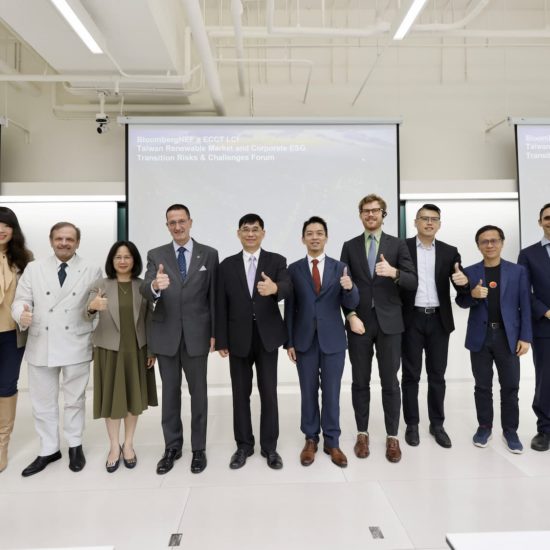Lunch with NHIA director general

The ECCT’s Pharmaceutical & Healthcare Sustainability committees jointly arranged a lunch with Dr Shih Chung-liang, Director-General of the National Health Insurance Administration (NHIA). At the event, the speaker provided an update on the NHIA’s reform plans and answered questions from members.
Shih noted that public satisfaction with Taiwan’s NHI is consistently high given its affordability and easy access to doctors, clinics and hospital services. However, the system will face increasing challenges given the rise in expenditures and Taiwan’s ageing population. Reform of the NHI is therefore needed to increase the resilience and sustainability of the system.
According to Shih, digitalisation of the system is ongoing. Already 90% of the reimbursement process is digital and the aim is to make the drug review process paperless and more efficient, starting from next year.
Other processes are also being digitised with the aim of making the system more efficient (eliminating repetition) but remaining patient-centred (including giving patients access to and control over their data) to enable patients to take more responsibility for their own health.
Shih also spoke about improving the collection and use of data for research purposes. Currently there are 34 biolabs in Taiwan which operate in silos. The NHIA wants to integrate these disparate systems so that anonymized data can be accessed by researchers and other interested parties.
The use of home-based care will be increased with the aim of 20% of care being provided to patients in their communities or homes, thereby reducing the need for hospital beds and care. This would entail establishing the necessary support systems, including remote monitoring systems. The use of telemedicine will be expanded to include long term care facilities. By using virtual NHI cards integrated with a telemedicine interface programme, healthcare providers can identify their patients and make queries on MediCloud. Shih cited the example of patients with infections. In future, instead of having to visit a hospital, antibiotics could be prescribed and dispatched to patients without them having to leave their communities.
Another future innovation being planned is the use of digital prescriptions whereby patients could download the prescriptions to their mobile devices.
Promoting precision health is also on the NHIA’s agenda. Shih cited examples of cooperation with the private sector in this regard.
The NHIA has announced plans to set up a specialised office to speed up the process of adding new drugs to National Health Insurance (NHI) coverage. This comes in response to concerns from medical welfare groups, including the Formosa Cancer Foundation and Taiwan Young Patient Association, that it takes about two years for new cancer drugs to be assessed and included in the list of drugs covered by the NHIA. In addition, the national drug budget will be doubled next year, although details have yet to be finalised.
In the Q&A session Shih said that there was common consensus in Taiwan that spending on healthcare is too low and that it should be increased, although by how much and what the priorities for spending should be are the subjects of considerable debate.
Please download DG Slides here: NHIA DG Shih slides_20231005.

